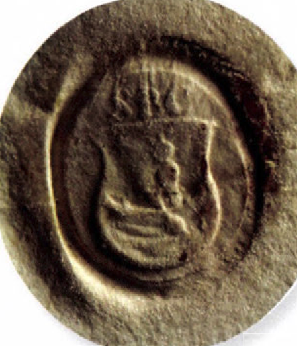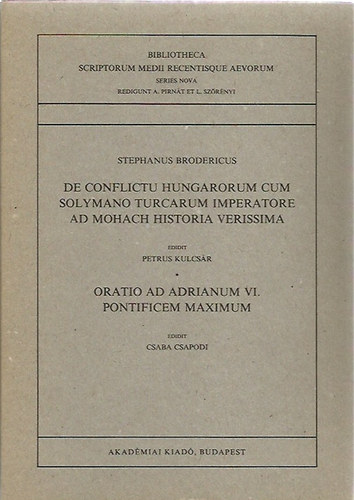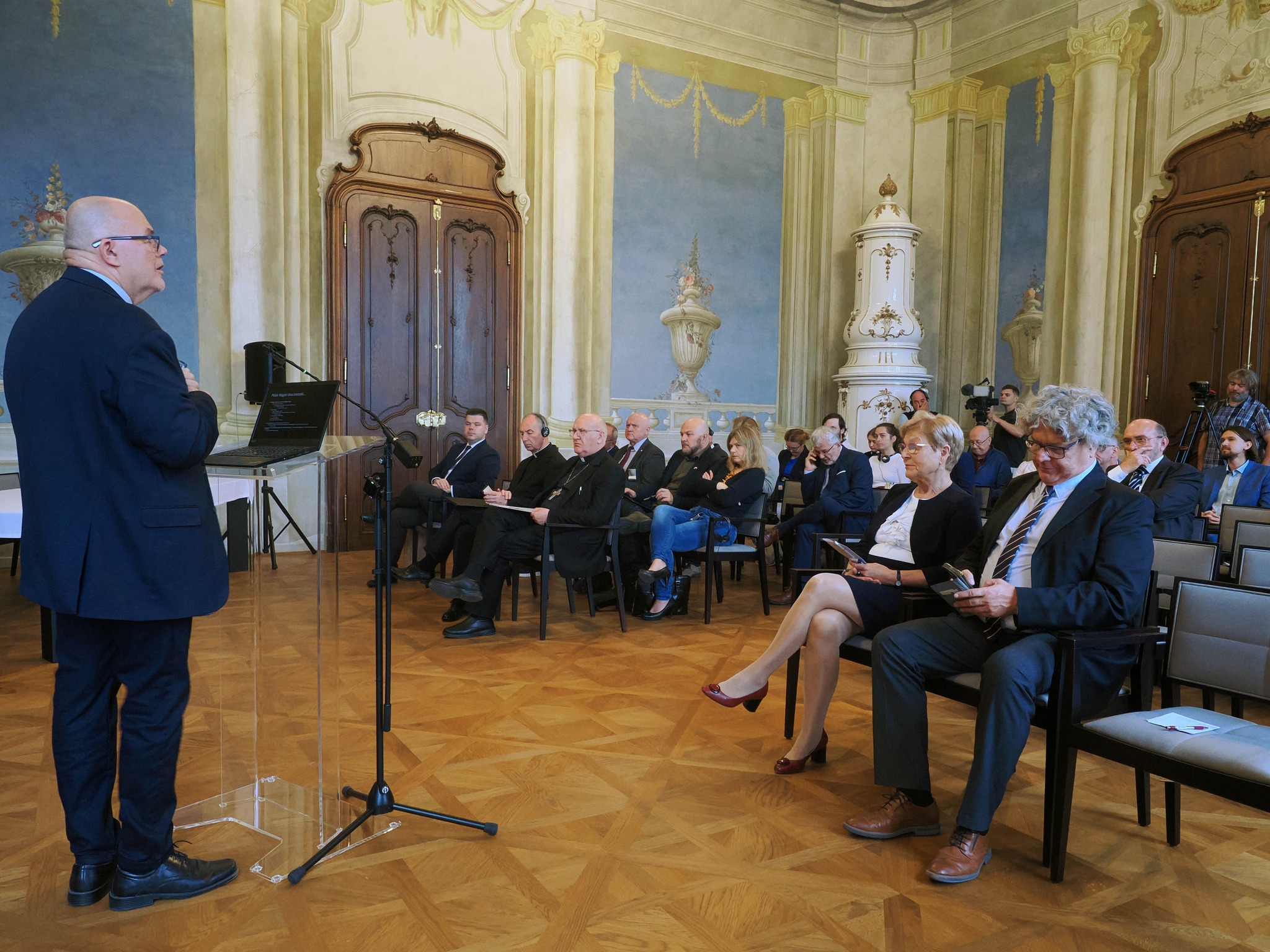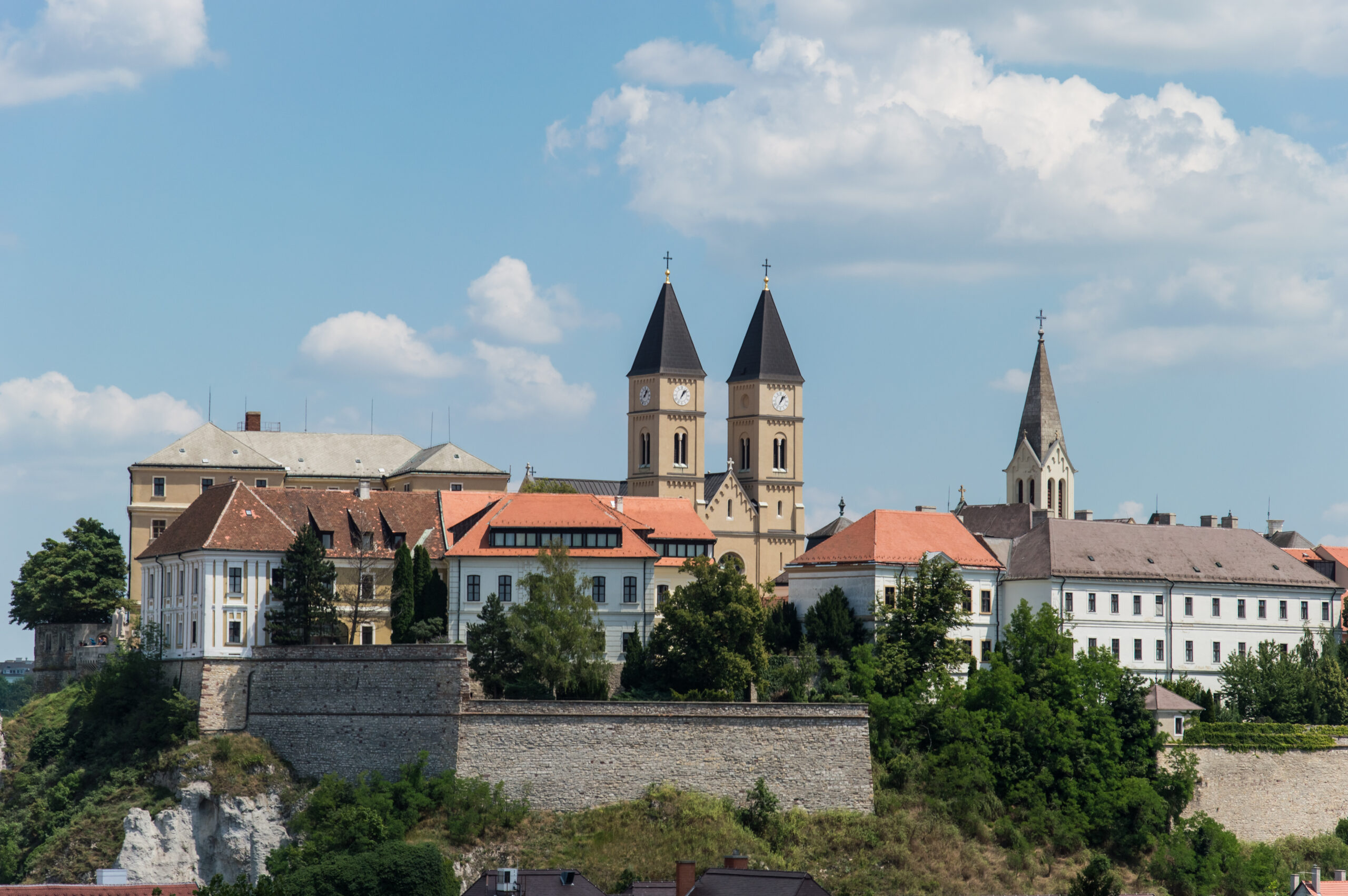The work of István Brodarics – Pécs
Fact of the Hungarian figure „The vast cemetery of our national greatness” – The Battle of Mohács”
Part of the „The myth of national disaster” topic
István Brodarics (Croatian: Stjepan Brodarić), born around 1470, was a distinguished humanist who played a key role in documenting the events surrounding the Battle of Mohács. With a remarkable ecclesiastical and administrative career, Brodarics quickly rose through the ranks after returning from his studies in Italy. By the time of the Battle of Mohács, he held the positions of Chancellor and Bishop of Pécs, making him a key figure in the Hungarian court.
As a participant in the battle, Brodarics narrowly escaped death. In the aftermath of the tragedy, he joined the cause of János Szapolyai, the elected king of Hungary, against Ferdinand I of Habsburg. Recognizing the importance of preserving the memory of the battle, Brodarics was soon approached by King Sigismund of Poland, a cousin of the late King Louis II, to chronicle the events from his perspective.
The result was „The Truthful Description of the Battle of the Hungarians against the Turks at Mohács,” first published in Cracow in 1527. Although traditionally believed to have been published in Kraków in April 1527, recent scholarship suggests the work was likely composed in spring 1528, during Brodarics’s stay in Poland. The primary impetus for writing the account was to counter the accusations made by Johannes Cuspinianus in his Oratio protreptica, which blamed the Hungarians for the defeat. Brodarics’s narrative not only defends the Hungarian nobility’s actions but also serves to absolve himself from responsibility, as he was closely associated with King Louis II. His detailed and personal recounting remains one of the most significant sources on the battle and its context.






